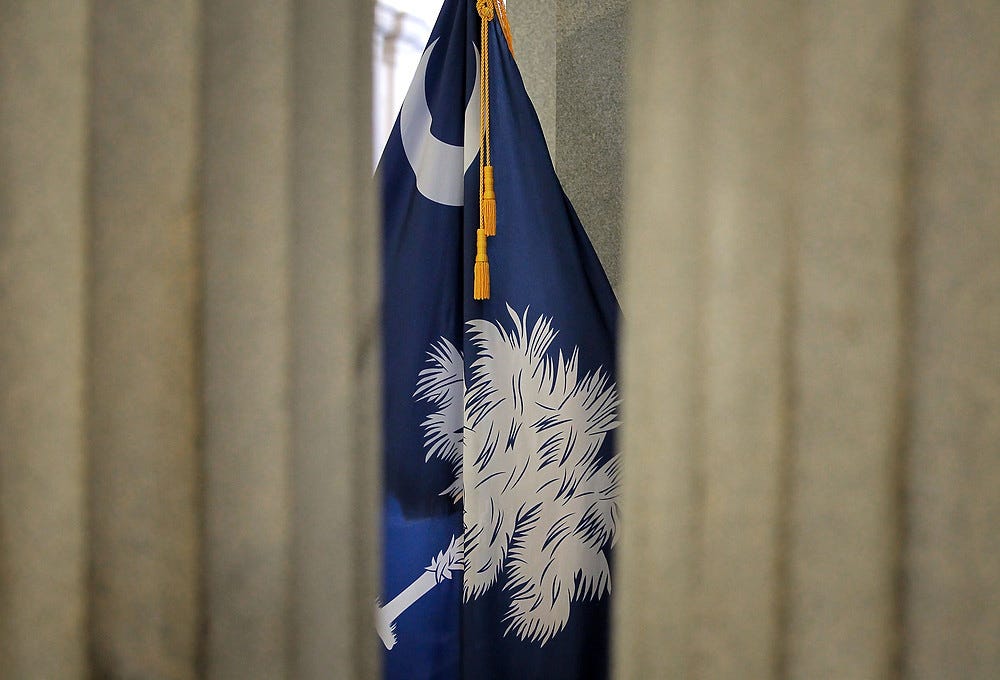British Courts Challenge South Carolina Judicial Authority with Penal Notice
In a move that would show up the most scandalous season of Bridgeton, the U.K. judicial system has crossed the Atlantic – threatening a local South Carolina plaintiff attorney with criminal prosecution and even imprisonment for actions related to litigation against an asbestos mining powerhouse. What might cause this kind of unwarranted international en…




